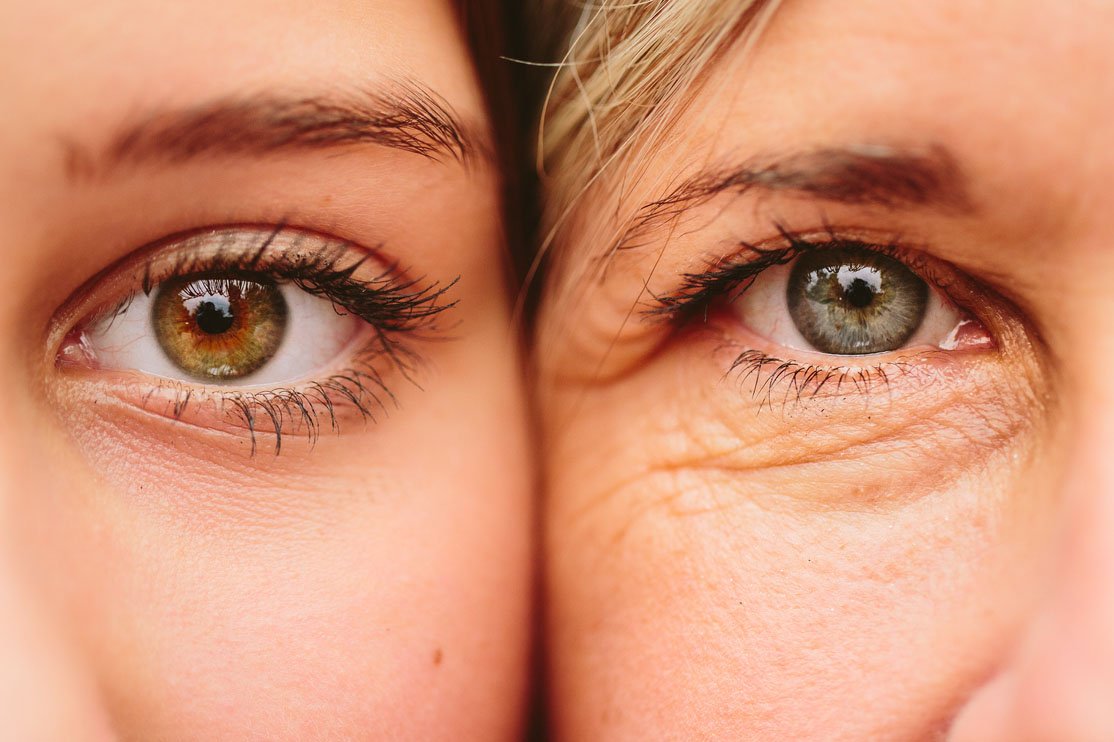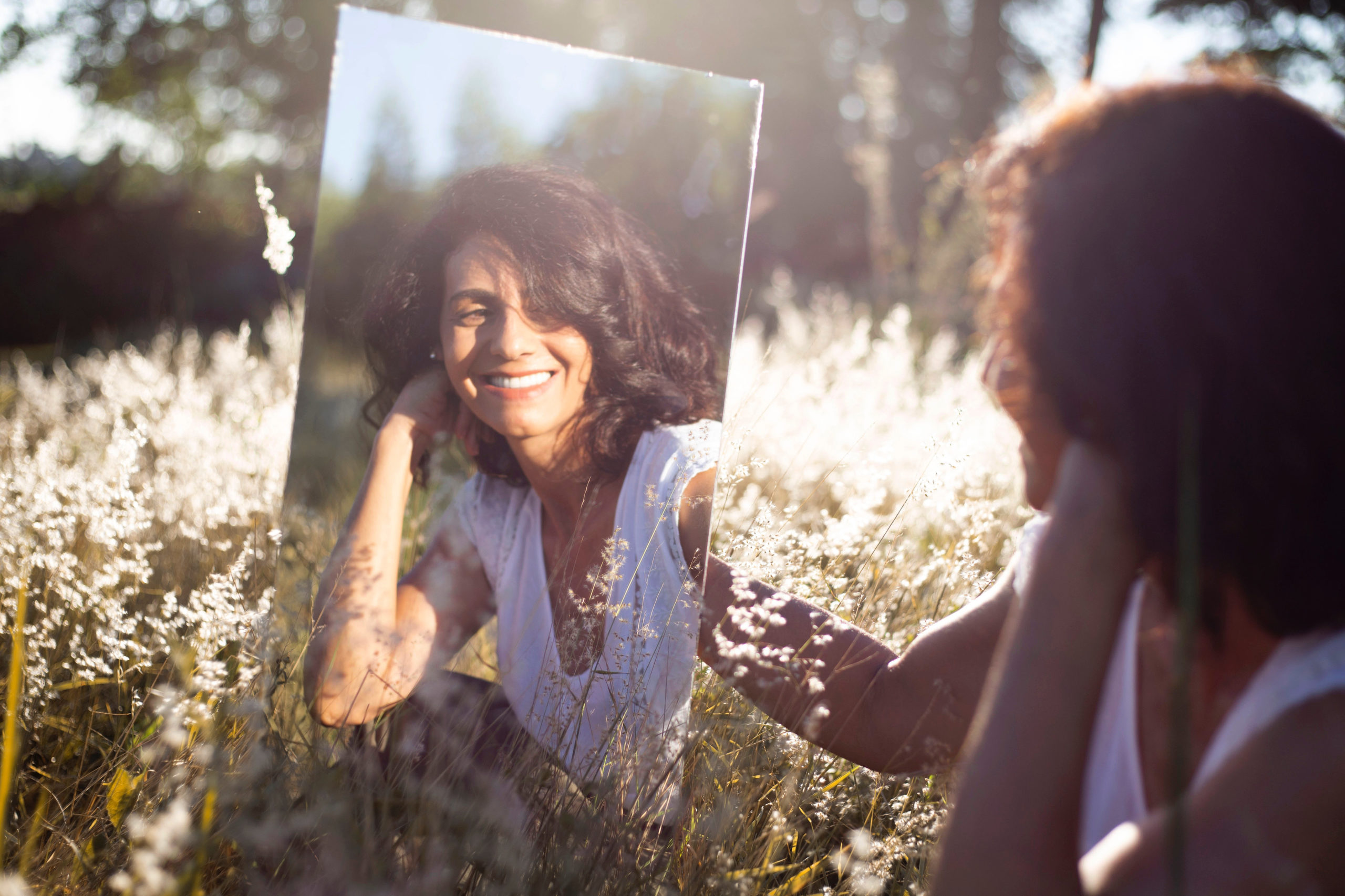Over The Hill. Past It. Doddery.
How many of these words have you heard spoken about you, or someone your age? There is so much detrimental language around ageing that we hear more and more as we get older. This negative focus on ageing can have a damaging effect on our mental health and how we look at ourselves. We’re bombarded with phrases and behaviours, which imply that life after 50 must be awful and its downhill all the way, but it just isn’t true!
Last week, Carol Vorderman opened up about this very issue, and the language she has heard over the years. It seems that as soon as people turn 50, we see more and more discrimination over our age. The crazy thing about this discrimination is, unlike sexism, its something that will happen to most of us. Those who are guilty of ageism will one day be old too, so they are targeting their future selves!
Carol Vorderman compared the problem with the Me Too movement against sexual discrimination. As we rally against this kind of language being used, we will see it being less and less acceptable in our society.
“That kind of language to denigrate older people will, I’m certain, have been banished from society altogether. But I want us all to speed up that process so ageism gets flushed down the same toilet that’s disposing of sexism.” Carol Vorderman
How Prevalent Is Ageism?
We are bombarded with anti-ageing messaging. Anti-ageing face creams, media reports about the burden of the older generation, doddery older characters on tv shows. 40% of British people over 50 regularly experience ageism. One in three experienced it at work, one in 10 on public transport and one in seven while shopping.
In our workplaces, even people over 35 are experiencing ageism with 39% of women over 35 say their age has worked against them, compared with 32% of men. 52% of workers over 35 felt they has skills that weren’t being utilised and that they have more to offer
In the media, the amount of older actresses we see in films is few and far between. A recent look at cinema releases found that in the course of a month with 12 film releases, there were only three films with female leads over the age of 40, with nine lead actresses in the 19-30 range. Actors aren’t tarred with the same ageist brush however, with a lot of older actors still finding lead roles.
Everyday Ageism and Mental Health
Mental Health experts are becoming increasingly aware of the impact of everyday ageism. It is shown to have a negative impact on the mental health of over 50’s, hasten the onset of dementia and even shorten their life expectancy.
Ageist language has a detrimental affect on the way we feel. In a recent study, 68% said it made them feel less valued, 60% said it made them feel unhappy and 52% said it made them feel alienated. The way society looks and portrays older people makes us feel negative towards our own ageing, and affects our own health and wellbeing.
Rally Against Anti-Ageing Messaging
Just like Carol Vorderman said, its time that we had a type of ‘Me Too’ movement to make people realise how damaging ageism is. Caroline Abrahams, the charity director of Age UK agrees with her. She says that is must become “as unacceptable as every other form of discrimination”. Shelley Hokinson from Independent age pointed out that “part of the problem is that people often don’t even realise that the language they’re using can be ageist or cause offence”. If this is true, the more we are honest about how it makes us feel and affects us, the more that people will see the damaging affect ageism has.
Life after 50 isn’t “downhill”. It can be the best time of our lives! Less stressful, less competitive, a time to be free, happy and joyful! Whether its intentional or subconscious, it’s time the media reflects this and stops pushing the negative language and incorrect narrative of how it feels to get older.





